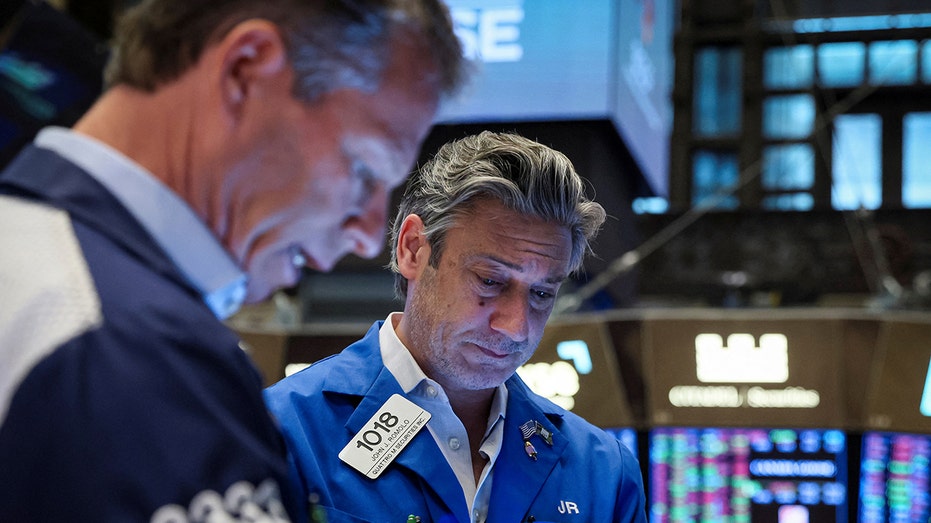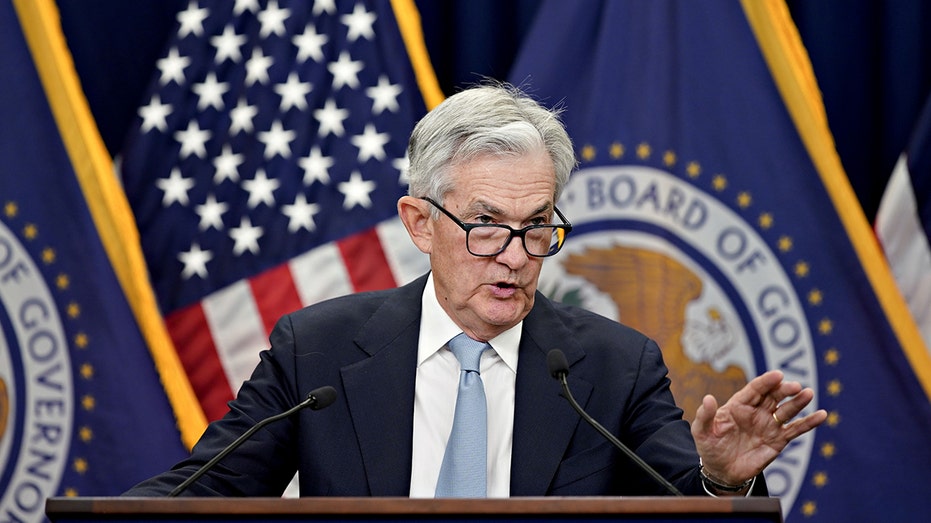Wells Fargo Advisors SVP Mark Smith reveals which stock market sectors are poised to break out on ‘Making Money.’
U.S. economic activity was little changed over the last month and a half, as labor market tightness continued to ease and prices continued to increase at a modest pace, according to a Federal Reserve report published on Wednesday.
“The near-term outlook for the economy was generally described as stable or having slightly weaker growth,” the Fed said in the latest “Beige Book,” a compendium of surveys, interviews and observations gathered across the central bank’s 12 districts, from Boston to San Francisco, through Oct. 6. “Overall, firms expect prices to increase the next few quarters, but at a slower rate than the previous few quarters,” it said.
Five of the 12 regional Fed districts reported modest growth, three saw little or no change, and four described modest contraction – the largest number experiencing overall weakening since January, when many analysts were forecasting a recession.
FED MEETING MINUTES INDICATE INTEREST RATES COULD REMAIN HIGH FOR ‘SOME TIME’
That hasn’t happened, but the mixed report shows the divide, highlighted by a number of policymakers, between “hard” data they see showing an economy bounding along at an above-trend clip and the stories they pick up from their districts portraying a far-softer environment.
Jerome Powell, chairman of the U.S. Federal Reserve, speaks during a news conference following a Federal Open Market Committee meeting in Washington, D.C., on March 22, 2023. (Photographer: Al Drago/Bloomberg via Getty Images / Getty Images)
The economy-is-nearing-stall-speed vibe of Wednesday’s report is somewhat at odds with a slew of government data in recent weeks that suggests the U.S. economy is gaining steam despite Fed interest-rate hikes designed to slow it.
Retail sales and manufacturing are growing faster than expected, employers have accelerated hiring, and underlying consumer prices rose last month at a 4.1% pace from a year earlier, more than twice the Fed’s 2% target, the government data shows.
FED SKIPS AN INTEREST RATE HIKE, BUT HIGH MORTGAGE RATES COULD BE HERE TO STAY
U.S. central bankers meet in two weeks’ time to set the policy rate, which in their effort to bring down too-high inflation they lifted from near zero in March 2022 to a range of 5.25%-5.50% by late July this year, where they have held it since.
Traders are betting heavily against any rate change at the upcoming meeting, particularly given the recent rise in longer-term Treasury yields.

Traders work on the floor of the New York Stock Exchange (NYSE) in New York City, on May 4, 2022. (REUTERS/Brendan McDermid / Reuters Photos)
PARSING THE DIVIDE
Richmond Fed President Thomas Barkin says he is focused on the divide between the strong macroeconomic data and his own on-the-ground economic intelligence, which suggests more cooling in both spending and inflation. His district was among those reporting a slight contraction in recent weeks.
The Kansas City Fed, whose district also reported weaker economic activity overall, noted the impact of tighter financial conditions. “Several bankers characterized their appetite for lending as being on a ‘loan diet’ – looking for smaller portions (smaller balances) and only healthy fare (better creditworthiness),” it said.
The Cleveland Fed remarking on its district, one of three reporting little change in economic activity, noted emerging strains as wage growth slowed and price pressures eased. “One retailer said, ‘We will try our best to hold the line as consumers seem to be tightening their belts,’” the report said.
Even the Dallas Fed, among those reporting continued “modest” expansion, observed some underlying softness. “There were scattered reports of labor hoarding – businesses saying they ordinarily would release some workers because of weak sales but were holding off ‘just in case.'”
GET FOX BUSINESS ON THE GO BY CLICKING HERE
In remarks on Wednesday Fed Governor Christopher Waller pointed to the “puzzle” of strong consumer demand versus continued cooling in wage growth and inflation, and said he wants to wait and see how the data breaks from here to decide on the policy path.
Investors are keen on hearing how Fed Chair Jerome Powell parses it all when he speaks on Thursday to the Economic Club of New York.
The Fed report published on Wednesday noted “expectations of firms for which the holiday shopping season is an important driver of sales were mixed.”
Credit: Source link




